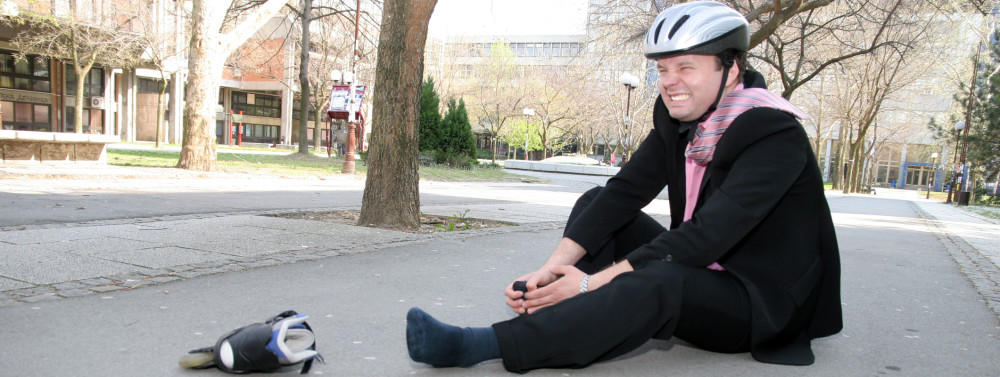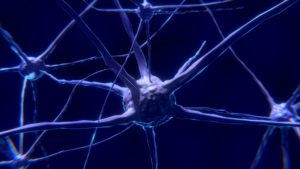What is a Nerve Conduction Study?
The nerves play an important role in the body as they carry signals between the brain and every other cell, tissue, organ, and limb. The nerves help to coordinate the actions of all of these cells to ensure that they work together to perform their functions appropriately. Like any other organ, the nerves can malfunction and lead to a wide variety of disease processes. Recently, some of the statistics published by the World Health Organization (WHO) revealed some vital information on neurological disorders. This report showed that:
- 50 million people have some sort of seizure disorder, such as epilepsy
- Close to 24 million people have developed dementia, such as Alzheimer’s disease
- Close to 7 million people die each year because of a neurological disease
- Many of these people do not have access to appropriate medical care
Some of these individuals even have a neurological disorder that leads to chronic pain. One example of this is a disease called Reflex Sympathetic Dystrophy (RSD), also known as Complex Regional Pain Syndrome (CRPS). Unfortunately, it is common to hear about someone who has been diagnosed with this disorder only after undergoing a battery of tests and being misdiagnosed with another disorder many times. Therefore, it is essential to understand what tests are available to try and arrive at the correct answer sooner.
The Standard Diagnostic Tests of RSD
Several tests can be used in the diagnosis of RSD. While none of these alone can provide a definitive diagnosis, they can be correlated with clinical symptoms to support a diagnosis of Reflex Sympathetic Dystrophy.
X-ray: An x-ray is a quick, cheap, and easy first step. Someone who has RSD will often show erosions in their bones that are signs of both older injuries and inflammatory damage. In some cases, a bone scan can even be used to get a more detailed picture of the bones themselves.
Thermography: A relatively new test, thermography can also be helpful when trying to diagnose RSD. In thermography, a specialized probe is used to measure blood supply to an area of the body. They are also used to measure the temperature of that site specifically. A limb that has been affected with RSD often has changes in its temperature and blood flow that will show up on this test.
Skin Sensitivity: Skin sensitivity testing is exactly what it sounds like. When someone has nerve irritation from RSD, their skin is hypersensitive to touch. This will show up on a skin sensitivity test and support a diagnosis of RSD.
While all of these tests are important, perhaps the most crucial test is a nerve conduction study.
Nerve Conduction Studies in the Diagnosis of RSD
A nerve conduction study can sound scary; however, it is necessary to make an RSD diagnosis. RSD comes from damage to the nerves that feed a specific part of the body. Therefore, to make this diagnosis, the nerves themselves must be tested. In a nerve conduction study, a needle is inserted into the nerve itself. Then, electrical equipment is used to measure the speed of the signals from the nervous system that flows through the nerve. If someone has RSD, the nerve should be irritated and demonstrate the misfiring of signals. In some cases, these signals flow too quickly. In other cases, they may flow too slowly. Uncoordinated, abnormal signals in an affected nerve in a nerve conduction study is one of the cornerstones of an RSD diagnosis.
When someone is suffering from chronic pain, it is essential to consider all of the tests that are available. Sometimes, these tests can even lead to a diagnosis of RSD. When this happens, it is important to meet with an RSD attorney in Sacramento. The details of the diagnosis should be examined from every angle because you may be entitled to financial compensation.
Related Articles by Ed Smith
- Experimental Treatment Options for Reflex Sympathetic Dystrophy
- Coping with Symptoms of Reflex Sympathetic Dystrophy
Contact an Experienced RSD Attorney in Sacramento
I’m Ed Smith, an RSD Lawyer in Sacramento. If someone you know has questions about the diagnosis of Reflex Sympathetic Dystrophy, please call me at 916-382-0693. I am available to provide friendly, free legal advice.
See some of our sample results here.
Image Citation: Pixabay hosted the image at the start of this page. The CC0 Creative Commons License has granted permission to show it here.
:dr llo [cs 716]

